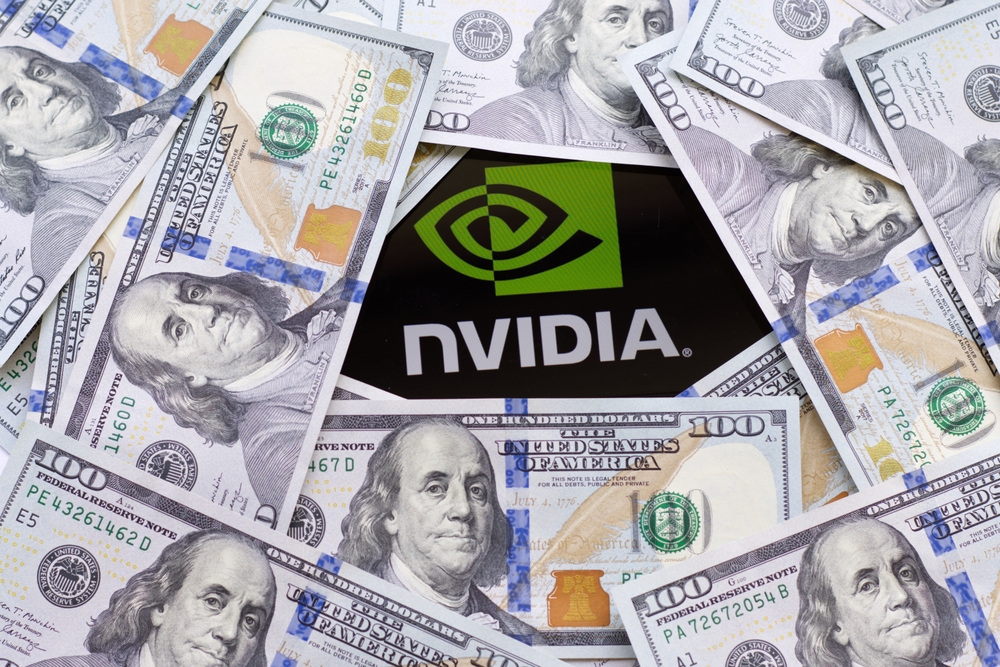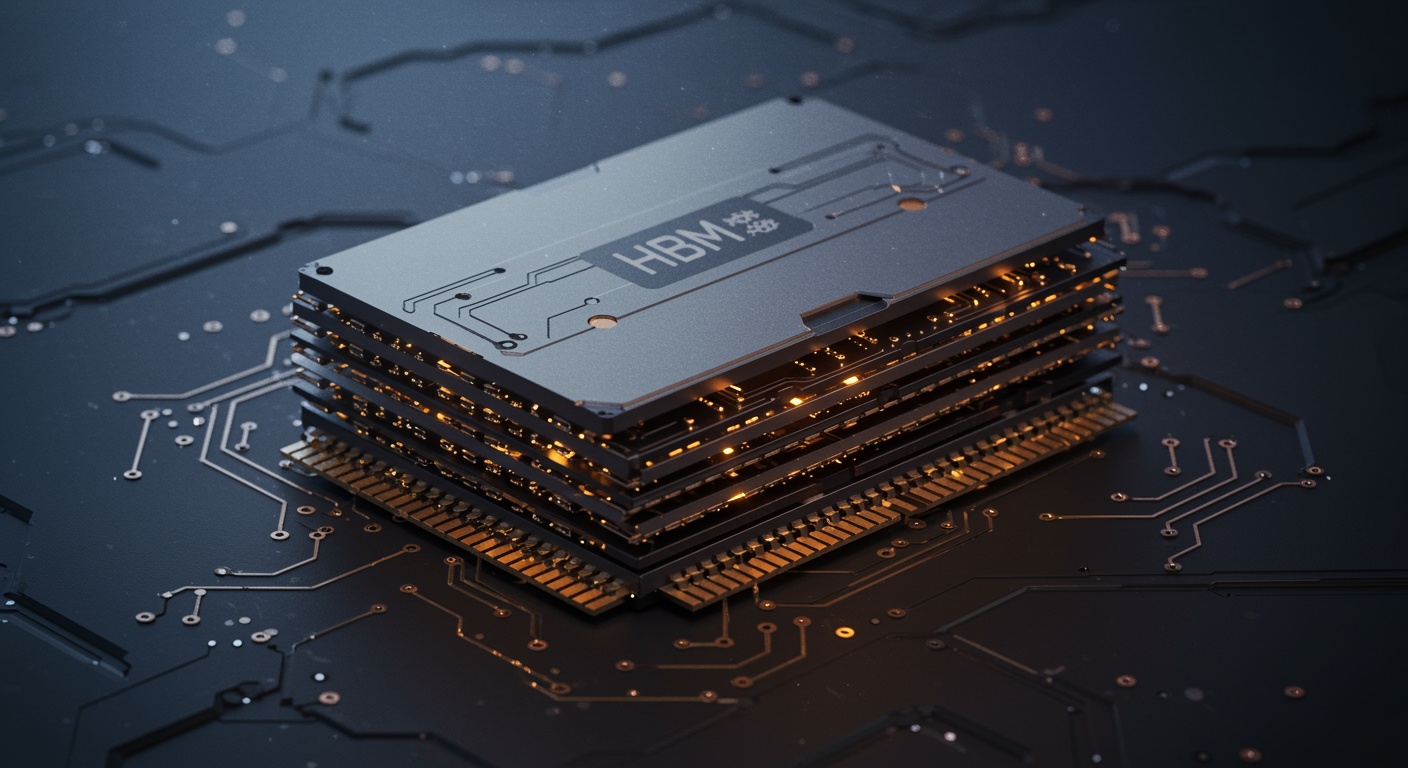trong results, lingering uncertainty
Nvidia, the market leader in AI chips, reported record results for the fourth quarter of the previous year. Revenue rose to $39.3 billion, a 12% increase from the previous quarter and 78% year-over-year growth. At the same time, it surpassed analysts’ expectations by 3.4%. Net income climbed to $22.09 billion, earnings per share of $0.89, compared to $0.84 expected by analysts and an 82% year-over-year increase compared.
The data center segment continues to lead the company's growth, with demand for AI chips steadying. For the next quarter Nvidia expects its revenue to reach $43 billion, indicating continued robust growth. Still, there are factors emerging in the market that may undermine this optimism.
The real threat: Trump's trade policies
Although there has been much discussion in recent weeks about DeepSeek, a Chinese AI firm that somewhat-falsely claims it has been able to train chatbots on cheaper chips, analysts point to a different, more serious challenge - US trade policy and economic development, which may tighten even further under Donald Trump's leadership.
Trump has already hinted that he could impose new tariffs on Chinese technology products if he returns to the White House, which could hit Nvidia and its supply chain. Indeed, Nvidia is heavily dependent on component supplies from Asia, especially Taiwan and China. If trade relations between the US and China deteriorate, this could increase production costs and disrupt the supply of AI chips.
Impact on shares and future developments
Earlier in the month, Nvidia's shares slumped following the DeepSeek announcement, but investors calmed down as tech giants like Meta confirmed their continued investment in Nvidia chips.* The company's CEO Jensen Huang said that the long-term vision of AI development requires increasingly sophisticated chips, and Nvidia will maintain its dominance as a result.
Still, uncertainty in the markets remains high. The main factor affecting Nvidia's future will not so much be competition in the AI segment, but geopolitical risks and potential new trade barriers. By Trump implementing tougher trade policies, Nvidia could find itself in a situation that could affect its sales.
Investors, therefore, have no choice but to keep an eye not only on technological innovations, but also on political developments that could have a key impact on the company's future.
* Past performance is no guarantee of futu
re results.







.jpg)
